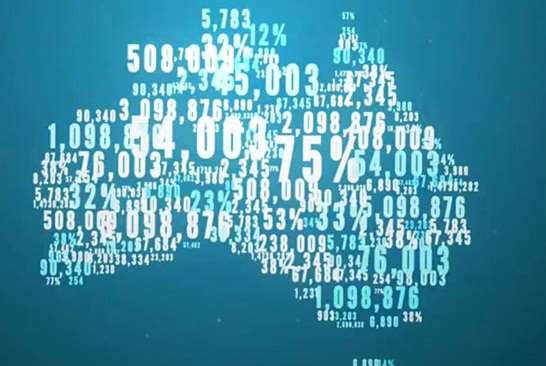A Senate committee will perform its own post-mortem of the 2016 Census failure, promising an in-depth examination of decisions made prior to, during and after the August 9 meltdown.
Senators Nick Xenophon and Sam Dastyari – with the backing of other Senators including Scott Ludlam and Jackie Lambie – successfully referred the Census 2016 investigation to the Economics References Committee.
Its report is due by November 24.
The Government had opposed the fresh inquiry, believing that its own review led by the Prime Minister’s cybersecurity adviser Alastair MacGibbon – which is due to report months earlier in September – should suffice.
That review also includes input from the Australian Signals Directorate, the Department of Finance, the Department of the Treasury, the Digital Transformation Office and the Office of the Australian Information Commissioner.
However, Senators backing the motion for an inquiry of their own said they would examine a deeper set of issues than that of the MacGibbon-led review.
“I think it will be extremely valuable to the Senate inquiry to have the report that Mr MacGibbon and his colleagues will be putting together into the technical aspects of what happened on Census night,” Ludlam said.
“The inquiry that has been referred to the economics committee goes significantly further into the lead-up to the Census and into the steps that were put in place that created such scepticism in the run-up that it may, in fact, contaminate the dataset.
“Personally, I am interested to know whether the Census is going to be re-run—it is that far-reaching.
“It is not simply a question of what happened on Census night to blow the process up, but of what happened in the lead-up to take such confidence away from what should have been a completely uncontroversial continuation of the Census process.”
This year’s online Census suffered major problems which the Government initially blamed on distributed denial-of-service attacks. However, IT experts have openly questioned whether the system was simply overwhelmed by people trying to file their forms at once.
The terms of reference show the committee will look at a broad cross-section of issues surrounding the 2016 Census.
The committee will examine decisions taken in the lead-up to the Census as well as on Census night, and the contractual arrangements between the Australian Bureau of Statistics and technology suppliers such as IBM, which bore the brunt of blame for the fiasco and is likely to face court action.
It will also investigate “the response rate to the Census and factors that may have affected the response rate”, including the controversial decision by the Government to retain names and addresses of Census respondents, which led to privacy concerns from a range of parties, including from the ACS.
ACS President Anthony Wong opined in The Australian that “Australians will measure the Federal government, not by the amount of compensation it wrings out of its providers, but by the effectiveness of its response in improving the performance of the Census website, and the extent to which it addresses public concerns over security and privacy.”
“It is too early to say what the fallout from this will be and whether, as some suggest, it will lead to more risk aversion by government agencies and greater distrust of private sector suppliers,” Wong said.
“If nothing else, this very public ICT failure must lead to higher standards of professionalism and service across the ICT sector.
“At the same time, we hope it also results in greater transparency and communication by government agencies, which must be held more accountable to explain their actions and respond appropriately to public concerns, rather than simply sweeping them under the carpet.”
The ABS is continuing to encourage Australians to complete their Census forms if they have not already done so.
At the same time, however, MPs are also lobbying for a commitment from the ABS and the Government to not fine people who don’t complete it.









